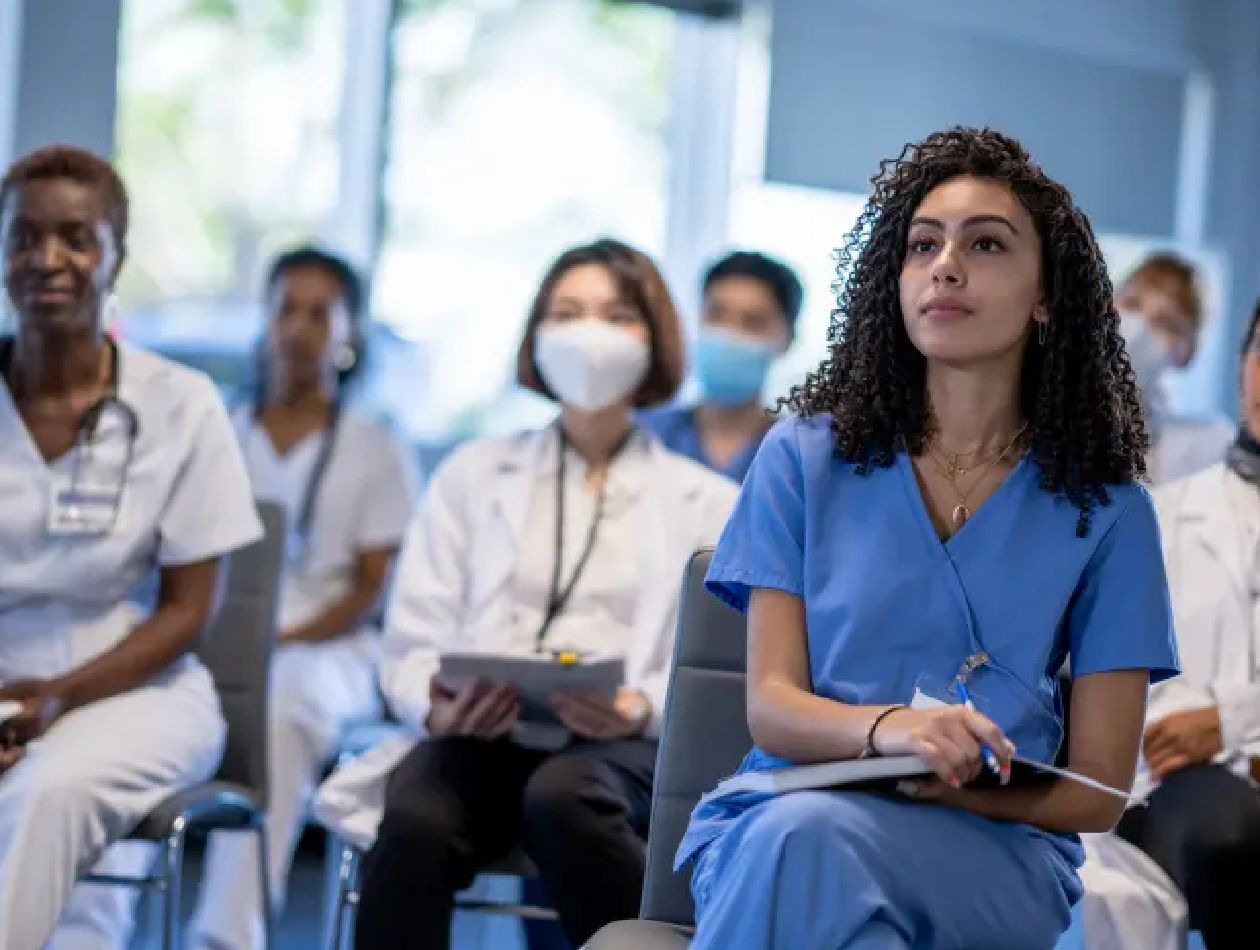


The COVID-19 pandemic brought unprecedented challenges to all aspects of our lives, including education. One field that experienced significant disruption was international medical education. With travel restrictions, social distancing norms, and changing healthcare demands, students pursuing MBBS (Bachelor of Medicine, Bachelor of Surgery) abroad faced unique obstacles. In this blog, we will explore the impact of COVID-19 on international medical education and how universities, along with MBBS abroad consultants, adapted to these challenging times.
Disruptions to International Medical Education:
The outbreak of COVID-19 led to the temporary suspension of international travel, limiting students' ability to pursue MBBS programs abroad. Additionally, many countries closed their borders, leading to delays in visa processing, and postponing the commencement of classes. The uncertainty surrounding the pandemic further complicated matters, making it challenging for students to plan their academic journey confidently.
Shift to Online Learning:
One of the most notable adaptations in the wake of COVID-19 was the swift transition to online learning. Educational institutions worldwide had to restructure their curricula to offer remote learning options. While online classes provided a temporary solution, medical education relies heavily on practical training and clinical experience. Adapting to virtual teaching methodologies was particularly challenging for medical schools that traditionally emphasized hands-on learning.
Safety Measures and Health Protocols:
As universities prepared to reopen campuses, implementing safety measures and health protocols became paramount. Medical universities abroad collaborated with healthcare authorities to create comprehensive guidelines to protect students, faculty, and staff. Strict adherence to social distancing, mandatory mask-wearing, regular testing, and contact tracing became the new norm in medical schools globally.
Impact on Clinical Placements:
Clinical placements are essential to medical education, allowing students to gain real-world experience in hospitals and medical facilities. However, with the surge in COVID-19 cases, many institutions had to suspend or limit clinical rotations to minimize exposure. This disruption negatively affected students' learning experiences and raised concerns about potential gaps in their practical knowledge.
Leveraging Technology in Medical Education:
In response to the challenges of remote learning, medical universities turned to technology for innovative solutions. Virtual reality (VR) simulations and augmented reality (AR) applications were integrated into the curriculum to provide hands-on experience for medical procedures and surgeries. These technologies supplemented traditional learning and increased accessibility to specialized training.
Support from MBBS Abroad Consultants:
Amidst the uncertainty caused by the pandemic, MBBS abroad consultants played a crucial role in guiding and assisting students. We remained up-to-date with the latest travel regulations, entry requirements, and safety measures implemented by different countries. Consultants provided students with valuable insights and advice on selecting suitable universities offering online learning options, flexible schedules, and practical training opportunities.
Mental Health and Well-being:
The pandemic's impact extended beyond academic disruptions, as students faced the challenges of isolation and uncertainty. Medical universities and MBBS abroad consultants recognized the importance of mental health support. Online counseling services and virtual support groups were established to address students' emotional well-being and provide a sense of community during challenging times.
Conclusion:
The COVID-19 pandemic profoundly impacted international medical education, forcing universities and students to adapt to unforeseen challenges. From transitioning to online learning to leveraging technology for practical training, medical institutions displayed resilience in the face of adversity. Throughout this difficult period, MBBS abroad consultants played a vital role in guiding and supporting students. As we move forward, the lessons learned from this experience will undoubtedly influence the future of medical education, promoting innovation and enhancing the preparedness of future medical professionals.
Remember, although the pandemic presented significant challenges, the perseverance and adaptability displayed by the medical education community and MBBS abroad consultants have laid a strong foundation for the resilience of future medical professionals worldwide.













